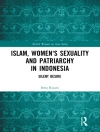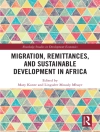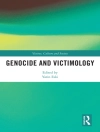Non-territorial autonomy is an unusual method of government based on the notion of the devolution of power to entities within the state which exercise jurisdiction over a population defined by personal features (such as opting for a particular ethnic nationality) rather than by geographical location (such as the region in which they live). Developed theoretically by Karl Renner in the early twentieth century as a mechanism for responding to demands for self-government from dispersed minorities within the Austro-Hungarian empire, it had earlier roots in the Ottoman empire, and later formed the basis for constitutional experiments in Estonia, in Belgium, and in states with sizeable but dispersed indigenous minorities. More recently, efforts have been made to apply it in indigenous communities. This approach to the management of ethnic conflict has attracted a small literature, but there is no comprehensive overview of its application. The intention of this special issue is to fill this gap, for the first time offering a comparative assessment of the significance of this political institutional device. Authors of case studies follow a common framework.This book was published as a special issue of Ethnopolitics.
John Coakley
Non-territorial Autonomy in Divided Societies [EPUB ebook]
Comparative Perspectives
Non-territorial Autonomy in Divided Societies [EPUB ebook]
Comparative Perspectives
购买此电子书可免费获赠一本!
语言 英语 ● 格式 EPUB ● 网页 128 ● ISBN 9781317357223 ● 编辑 John Coakley ● 出版者 Taylor and Francis ● 发布时间 2018 ● 下载 3 时 ● 货币 EUR ● ID 7118159 ● 复制保护 Adobe DRM
需要具备DRM功能的电子书阅读器












